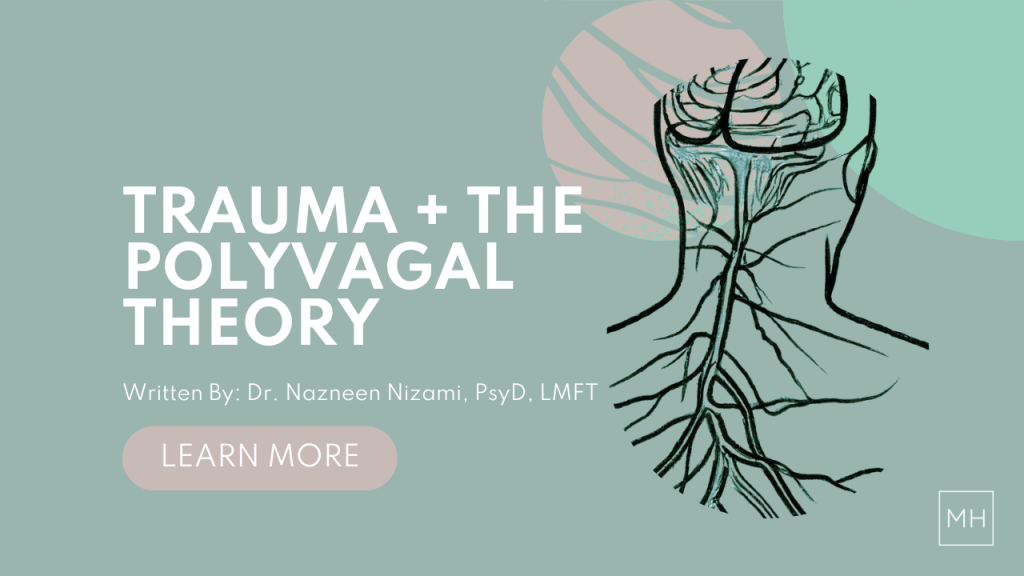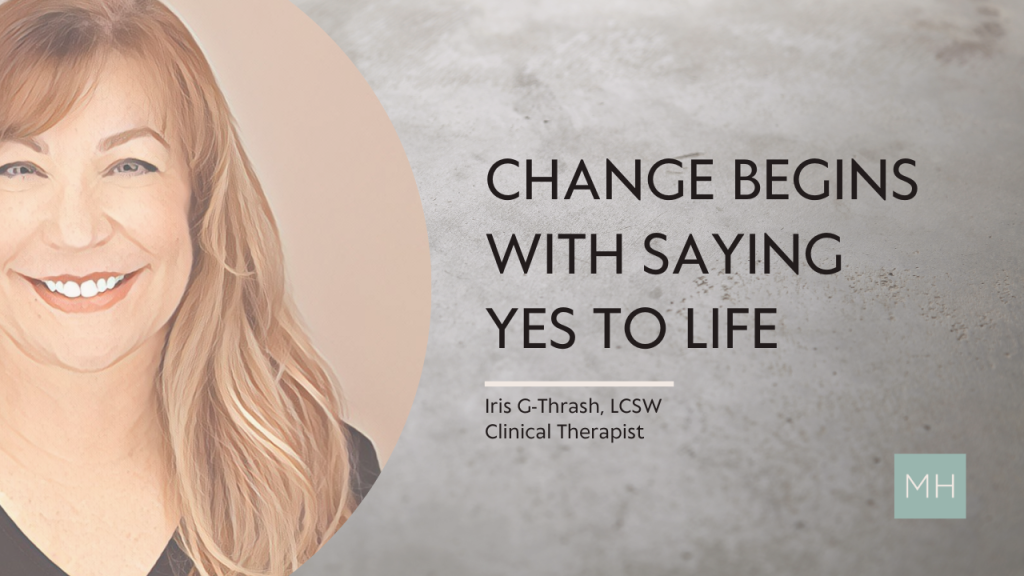THERAPEUTIC ACCOUNTABILITY
INTERVIEW WITH DR. KRISTEN ZALESKI, PhD, LCSW
Part of ethical and competent practice is to always make sure that we’re healing in the way that we want to, that we’re making a difference. And sometimes by the nature of the therapeutic relationship, the therapist can really want to help the client and believe they’re helping the client, but we always need to add data to that to make sure that that’s really true. Sometimes our clients want to feel better so badly and will tell us that they’re feeling better, but after they leave treatment might not be feeling so well because they didn’t wanna let us down or them down. But in reality, we didn’t have measures in place to make sure in other ways that their body and their brain were recovering.
ETHICAL TREATMENT AT THE MENTAL HEALTH COLLECTIVE
So at The Collective, we really focus on having our clients fill out evaluation forms every month based on depression, anxiety, post-traumatic stress disorder. We have other more fine-tuned assessments around somatic awareness, polyvagal nerve, which is just health of their stress response in their body, and check regularly to make sure that we’re seeing improvement in those evaluations. So when you come here, you have about 10 days of assessment where you’re going to be evaluated both by the team, but also by these measures. And then every month moving forward, same sort of piece. The other cool thing that we do is we invite you in with the entire team towards the end of your first month to have a conversation with us:
Are you getting better?
How are you feeling?
How is this working?
What can we do better?
And I think that that promotes more empowerment in the client, too, all of these new evaluations put in place.
MENTAL HEALTH FEEDBACK + DATA
We did a big synthesis of all the data and we wanted to see, are we actually helping people get better? And in every assessment measure that we used, we saw over a 50% reduction in the first month of symptoms. So people coming in with pretty severe depression, it landing into mild to moderate levels after a month of treatment. Same thing with anxiety. We hold ourselves accountable as a staff, and if there’s ever an instance where a client is not seeing gains in those evaluations, no matter what the team thinks they’re seeing, that’s a sign to us as clinical providers, that we need to do a little bit more. And so we do have the ability here to pivot and start to change treatment sometimes to continue that trend of recovery on those measures
DO YOU HAVE A QUESTION?
Send our team a message or call 888.717.9355

